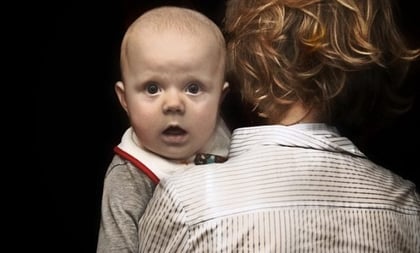 (Photo: Thinkstock)
(Photo: Thinkstock)
The pandemic has had an impact on both sex and babies: Not only are people delaying or deciding not to have children, they are having less intercourse, according to a new report by the Brookings Institution.
The outcome of this could be 300,000 fewer births in 2021, although the true number will be better known in several months, the group stated.
Its December report is an update of its June findings that reported a reduction in births of between 300,000 and 500,000.
In 2018, there were 3.8 million births in the United States.
Brookings cited several statistics and zeroed in on their own findings:
- Thirty-four percent of American women 18 to 49 have either delayed plans to have a child or have reduced the number they plan to have as a result of the pandemic, according to a Guttmacher Institute study. In addition, Black women (44%) and Hispanic women (48%) were more likely than white women (28%) to state that because of the pandemic, they wanted to have children later or wanted fewer children.
- Another study from Leisure Sciences found that roughly half of adults surveyed reported a decline in their sex lives. This is compared to one in five who stated they’ve increased their sexual activity.
- And those with younger children had the largest declines in sexual intercourse, found another study from the Indiana University School of Medicine.
Brookings notes that since their June study, labor conditions have improved. This is relevant as authors Melissa S. Kearney and Phillip B. Levine stated their original study used empirical analysis that found that a one percentage point increase in the unemployment rate corresponds with a 1% drop in the birth rate.
Using that analysis and data from the Bureau of Labor Statistics, the authors estimated a 5.5% reduction in births from the unemployment effect alone. Applying that to 3.75 million births in 2019 means 206,000 fewer births in 2021.









 December 28, 2020 at 04:26 PM
December 28, 2020 at 04:26 PM











